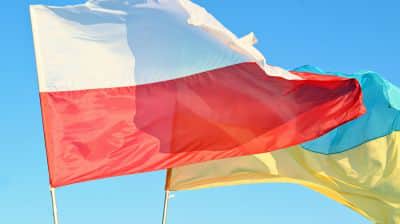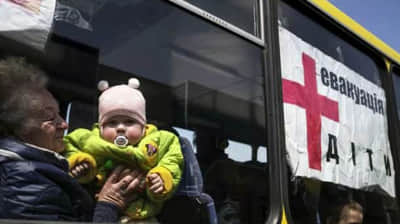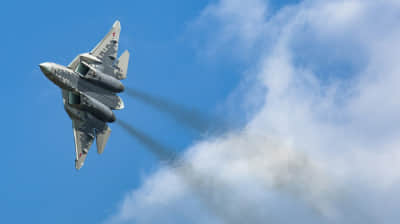Orbán: Hungary will continue to trade with Russia, Europe is drifting into "war between two Slavic countries"
Hungarian Prime Minister Viktor Orbán delivered his annual hour-long address to his fellow citizens on Saturday, half of which was devoted to Russia's full-scale war against Ukraine and why Budapest disagrees with sanctions and military aid to Kyiv.
Source: European Pravda
Details: Orbán stressed that 2023 will be, in his opinion, the most dangerous year since the fall of communism due to the threat of war and inflation. He added that the only way for Hungary to guarantee a peaceful life is to "stay away from the Russian-Ukrainian war".
"We are part of the Western world, members of NATO and the European Union, and everyone there is on the side of war, or at least pretending to be, except us," Orbán said, adding that Ukraine is at war "not between armies of good and evil, but between the troops of two Slavic countries that are waging a war that is limited in time and space for now".
"This is their war, not ours," the Hungarian prime minister said, adding that Hungary recognises Ukraine's right to self-defence but that it would be wrong to put Ukraine's interests above Hungary's.
Orban added that humanitarian aid to Ukraine does not mean severing Hungary's ties with Russia. "We will maintain our economic relations with Russia, and we advise the entire Western world to do the same, because without relations, there will be no ceasefire or peace talks," he said.
In his speech, the Hungarian prime minister also focused on the West's reaction to the war in Ukraine. He believes that "Europe is heading for war, balancing on a fine line, and is actually already in a state of indirect war with Russia," and that NATO will allegedly soon discuss sending "so-called peacekeeping troops" to Ukraine.
The Hungarian prime minister believes that the full-scale war in Ukraine happened because the West allowed it. As an example, he cited the 2008 Russian-Georgian war, which was "localised" after the occupation of 20% of Georgia's territory, and the events of 2014, when France and Germany "chose negotiations over war".
According to Orbán, what happened is another argument against the "Brussels superpower" and in favour of strong national states: when decisions were made by EU member states, peace was achieved, and the "imperial centre" started a war.
Separately, the Hungarian prime minister admitted that, despite differences in views, he understood the position of "our Polish and Baltic friends" on the war in Ukraine. "But others?" he asked.
Background: Last month, Viktor Orbán said at a meeting with journalists in Budapest that Russia's goal is to turn Ukraine into an ungovernable ruin so that the West cannot claim it "as a prize" and that Ukraine, like Afghanistan, is now "nobody’s land". After these statements, the Ukrainian Foreign Ministry summoned the Hungarian ambassador for explanations.
Read also: Not Eternal Orbán: How To Overcome Crisis Between Ukraine and Hungary
Journalists fight on their own frontline. Support Ukrainska Pravda or become our patron!







